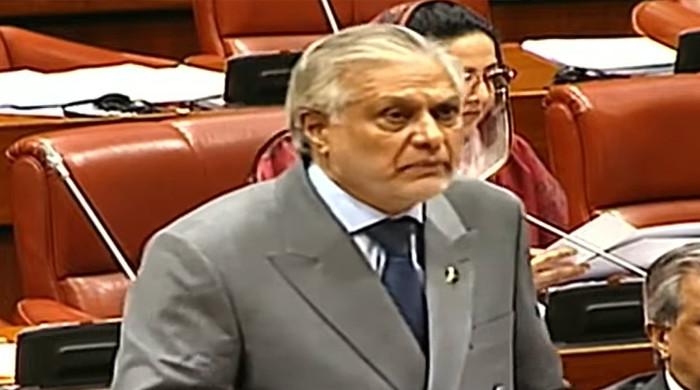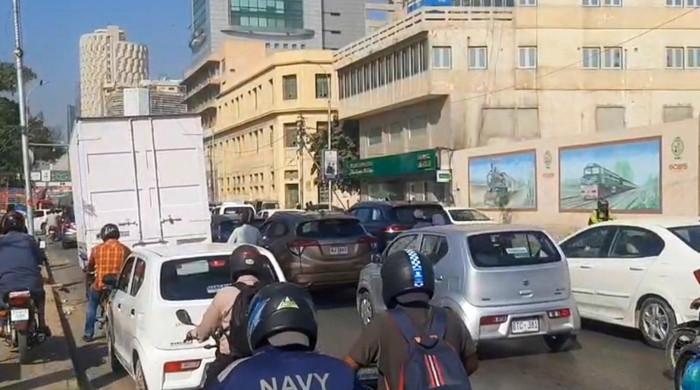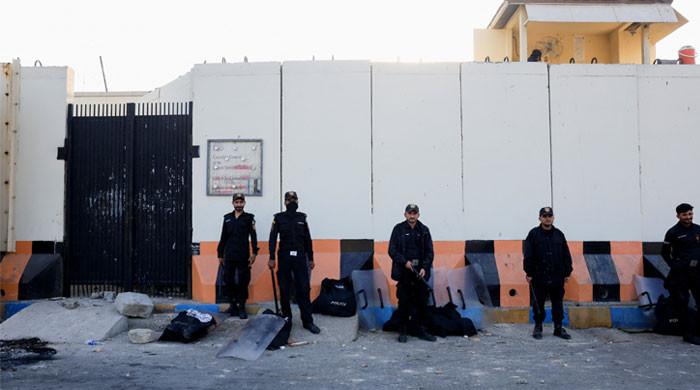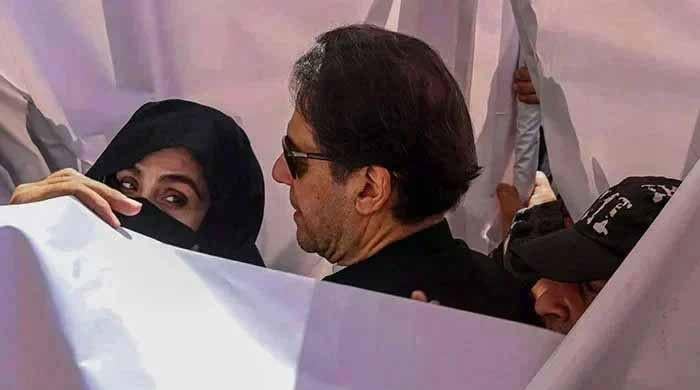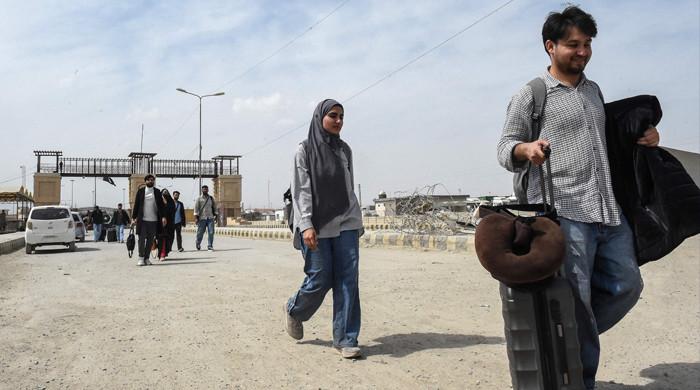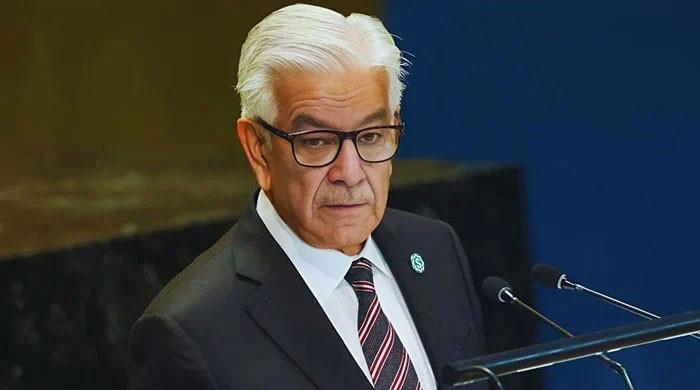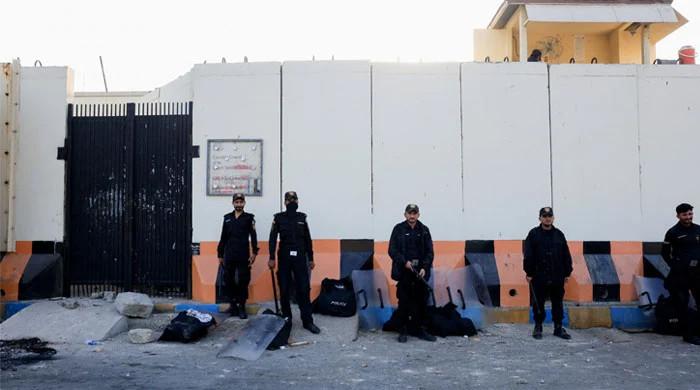ECP halts training of DROs, ROs on LHC order
The high court also suspended the electoral body's order seeking ROs from the bureaucracy
December 14, 2023
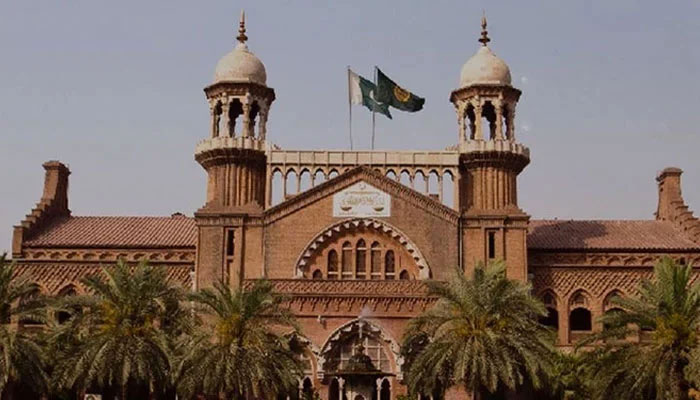
- LHC orders Election Commission to stop training of officers.
- Notification sent to provincial election commissioners.
- Court also suspended ECP order seeking ROs from bureaucracy.
LAHORE: The Election Commission of Pakistan (ECP) has stopped the training of district returning officers (DROs) and returning officers (ROs) who were appointed for the upcoming general elections.
A spokesperson for the ECP on Thursday announced through a notification that the commission had directed to stop the training of DROs and ROs on the Lahore High Court’s (LHC) order.
The notification has been sent to the election commissioners of Punjab, Sindh, Khyber Pakhtunkhwa and Balochistan. It apprised that training of DROs and ROs was underway in Karachi, Lahore, Peshawar and Quetta.
Earlier, the high court suspended the ECP order seeking ROs from bureaucracy for the general elections on February 8 next year.
Announcing his reserved verdict on a petition filed by the Pakistan Tehreek-e-Insaf (PTI), Justice Ali Baqir Najafi referred the case to the LHC chief justice, recommending constituting a larger bench to hear the case.
Petitioner Umair Niazi contended before the one-judge LHC bench that the Election Commission has contacted the government for returning officers, adding that impartial and transparent elections could not be expected from a caretaker government. He requested the court to annul the ECP’s notification.
During the hearing, the ECP’s counsel requested the court to reject the petition as inadmissible, contending the commission wrote letters to the judiciary, but it refused to provide judicial officers. The counsel added that the ECP is responsible for conducting fair and transparent elections.
The order stated that though section 50(1)(b) and section 51(1) of the relevant law empowers the ECP to appoint returning officers from a list provided by the government and assistant returning officer from among its officers, officers of any government or government-controlled bodies, the Article 218(3) of the Constitution castes a “sacred duty of the Election Commission of Pakistan to organise and conduct the elections and to make such arrangements as are necessary to ensure that the election is conducted honestly, justly, fairly and in accordance with law and that corrupt practices are guarded against”.
The order noted, “For this, the Election Commission of Pakistan is charged with the duty to organise and conduct the elections by making all necessary arrangements in anticipation of and adherence to the standards of justness, fairness and honesty."
"To lend greater credibility to the election process in the country by ensuring the compliance of Constitutional requirement of Article 218(3), the Election Commission can take pre-emptive steps. The chief election commissioner is an independent constitutional authority without traces of subservience and executive authorities are bound to assist him in organising or holding elections," the order said.
The order stated, “On the factual ground, the apparent absence of a level playing field for the political party of the petitioner is visible to all and has also been seriously noted by many independent groups. With top political leadership locked inside the jail or gone underground electioneering by his political party would be a big question mark.
"The apprehension of the petitioner of avoiding fair and free elections by the Election Commission of Pakistan appears to be well founded as some district returning officers, returning officers and assistant returning officers are appointed from the presently posted members of Administration throughout the country with whom the petitioner’s political party does not inspire any confidence.”





